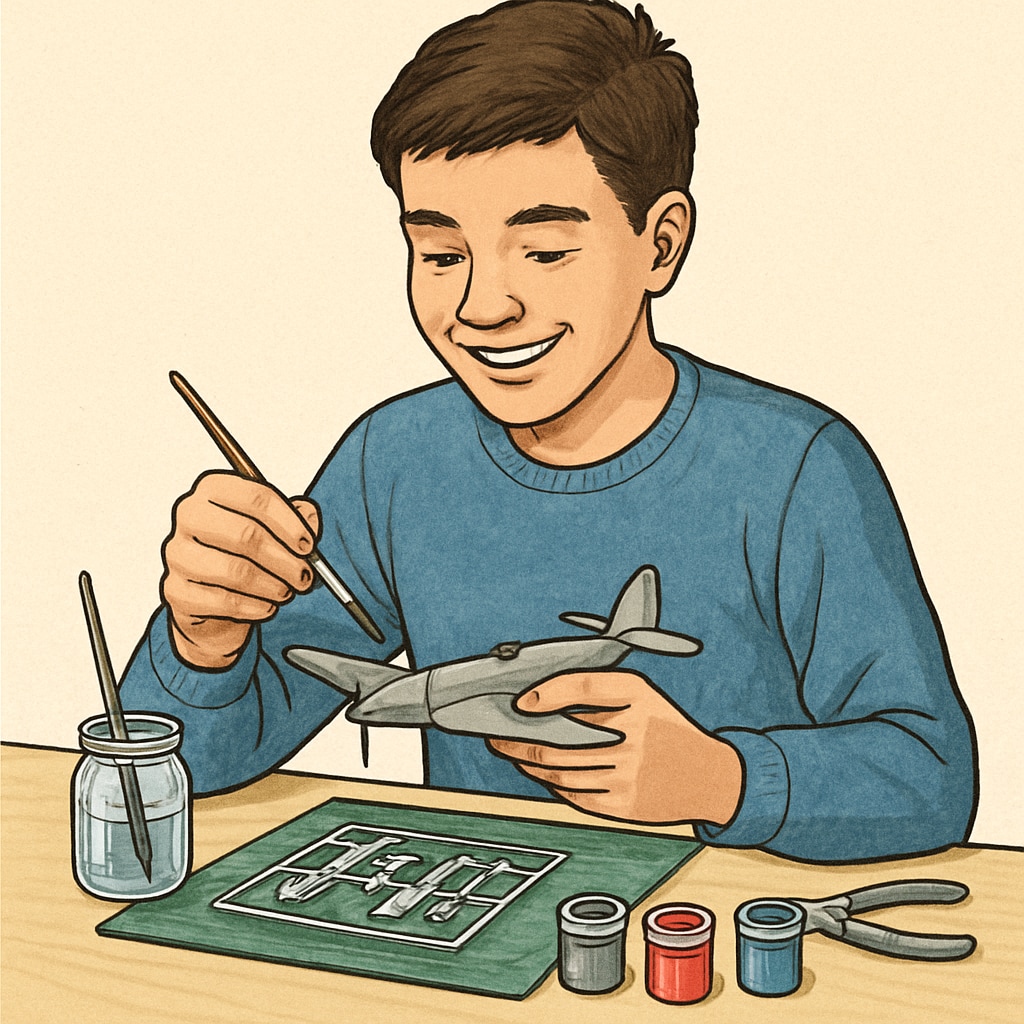Teenagers often face academic challenges (sometimes referred to as “teen academic difficulties”) during their developmental years, compounded by a lack of motivation and unhealthy habits. As parents and educators, understanding the root causes and implementing actionable strategies is key to guiding them back on track. This article focuses on how self-directed learning, leveraging personal interests, and cultivating healthy routines can enable teens to build confidence, regain focus, and thrive academically and personally.
Identifying the Causes Behind Teen Academic Challenges
Before addressing the problem, it is essential to identify the factors contributing to a teenager’s struggle. Lack of motivation often stems from low self-esteem, overwhelming academic pressure, or ineffective teaching methods. Additionally, unhealthy habits—such as irregular sleep patterns, excessive screen time, and poor nutrition—can exacerbate the situation. Recognizing these causes allows families and educators to tailor solutions effectively.

Encouraging Self-Directed Learning
One of the most effective ways to help teenagers overcome academic difficulties is by fostering self-directed learning. This involves teaching them how to take ownership of their studies and develop organizational skills. Here are some actionable steps:
- Set realistic goals: Encourage teens to set achievable short-term and long-term academic objectives.
- Use study tools: Provide access to planners, apps, or online resources that can simplify task management.
- Promote independence: Gradually reduce parental involvement, allowing teens to make their own decisions and learn from mistakes.
Research shows that self-directed learning can significantly improve motivation and academic performance. For further insights, explore Self-directed learning on Wikipedia.
Leveraging Personal Interests to Spark Motivation
Teenagers are naturally curious, and tapping into their interests can reignite their enthusiasm for learning. Whether it’s music, sports, gaming, or art, integrating these passions into their academic journey can make studying more engaging.
- Creative projects: Assign schoolwork that aligns with their hobbies, such as writing essays on favorite topics or creating art-based presentations.
- Extracurricular activities: Encourage participation in clubs or activities that blend education with personal interests.
- Gamification: Use educational apps or games that turn learning into a fun and interactive experience.
For example, platforms like Britannica Education offer engaging resources tailored to diverse interests.

Building Healthy Routines for Long-Term Success
Academic success is closely linked to physical and mental well-being. Establishing healthy routines is crucial in helping teenagers regain focus and motivation. Key areas to address include:
- Sleep hygiene: Ensure teens get adequate rest by setting consistent sleep schedules and minimizing nighttime distractions.
- Balanced nutrition: Promote a diet rich in fruits, vegetables, and proteins to fuel their energy and cognitive function.
- Physical activity: Encourage regular exercises such as sports, yoga, or walking to reduce stress and improve concentration.
Parents can also foster open communication, creating a supportive environment where teens feel comfortable discussing their struggles and aspirations.
Conclusion: Guiding Teens Toward Academic and Personal Growth
Overcoming academic difficulties requires a holistic approach that combines self-directed learning, leveraging personal interests, and fostering healthy habits. By addressing the root causes and collaborating with teenagers, families can help them regain confidence, motivation, and a sense of purpose. Remember, every small step taken today contributes to a brighter future tomorrow.
Readability guidance: Use clear language, concise paragraphs, and bullet points to ensure accessibility. Avoid jargon and focus on actionable advice for parents and educators.


